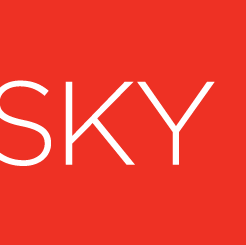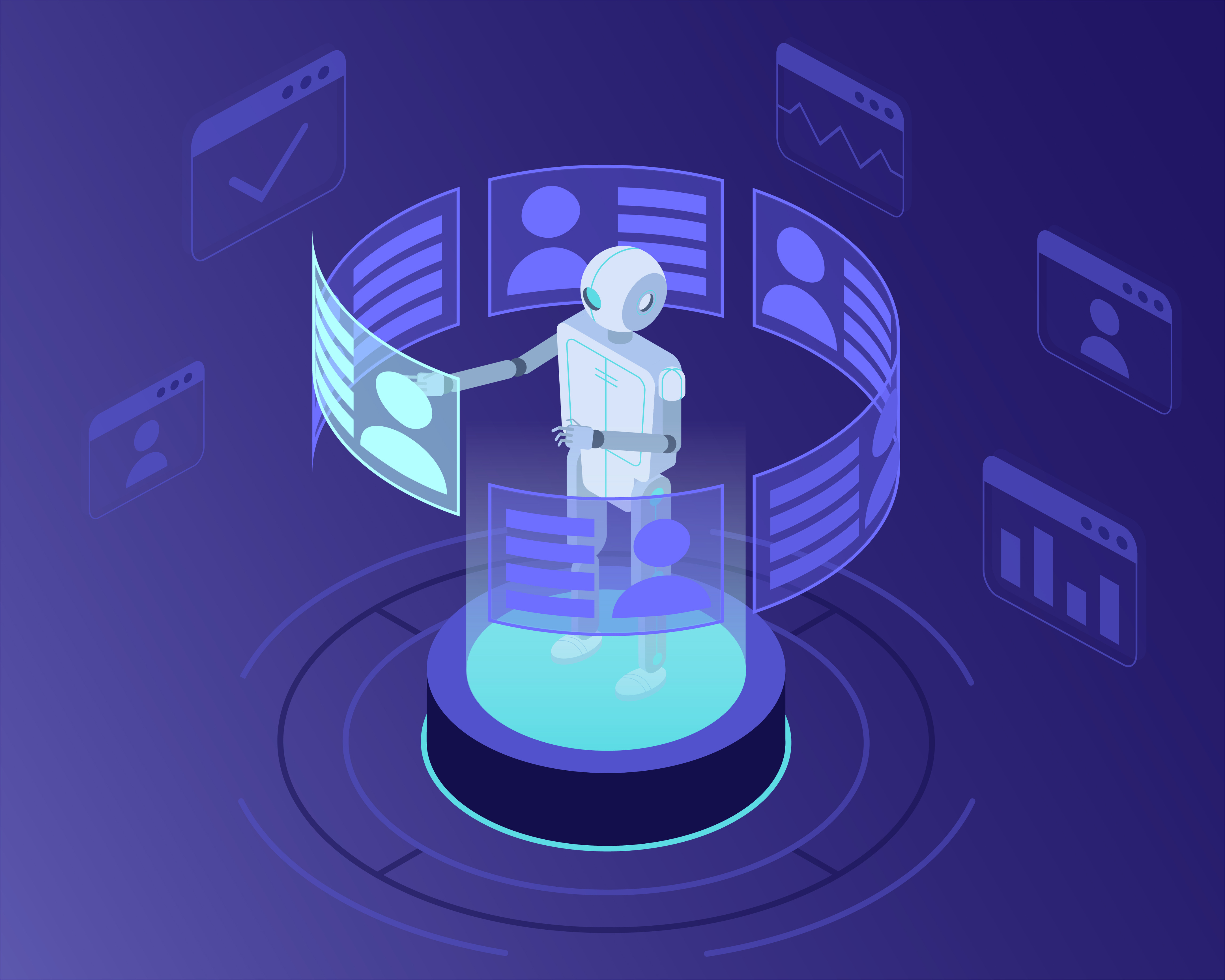Recruiting can be a time-consuming process, and many recruiters look for tools to take on the burden of mundane, repetitive tasks. With all the conversation around Artificial Intelligence there are many recruitment technology companies that promise their AI tool can make your recruitment process more efficient. But is this a new standard of technology for recruitment that will give you an edge on your competition, or just a hyped up trend with questionable results?
Types of AI in Recruitment
The phrase "artificial intelligence" has connotations of being smart and approaching human intelligence, but it is actually an umbrella term for technology that mimics human intelligence. Some types of AI have the capacity to improve over time, but others do not. With many definitions of AI floating around, make sure that you understand what exactly is being offered by the recruitment technology.
Chatbots have been an option for recruiters for several years now, as interactive chat trees to connect with potential applicants, or for increasing communication during the application process. On the candidate’s side, there are AIs that can write a resume or cover letter — the former is broadly accepted by recruiters and the latter less so.
Additionally, there are AI video interviewing tools like MyInterview, CuriousThing (now a voice AI), and InterviewerAI. Candidates record their own interviews, answering questions provided by the program or the recruiter, and AI algorithms sort through the videos to identify the top candidates. However, with little transparency as to what and how these AI tools are evaluating applicants, the programs’ effectiveness and legality are in question.
Bias in Recruitment AI
AI is notorious for reproducing biases such as racism, sexism, and ableism. ChatGPT and other conversation AIs have to be scrubbed for inflammatory and racist content to combat this. New York City has recently passed NYC144, an anti-bias A.I. hiring law which regulates automated employment decision tools (AEDTs) such as video interview software and resume screeners.
According to a study by Resume Builder, 10% of companies use AI interviews, while 17% plan to start using them this year and another 17% plan to implement them by 2024. But with states like New Jersey, California, and D.C. considering laws similar to NYC144, this trend projection may take a very different turn.
Major companies are exploring AI tools for recruitment
LinkedIn is introducing AI tools for its users. In June the company announced that they would be initiating a test phase for a text generative AI, designed to effortlessly craft engaging copy for introductory messages, recruitment posts, and profile bios.
Amazon is creating and implementing an automated applicant evaluation system, which resulted in the company buying out and laying off many recruiters in 2022. A similar system was previously scrapped due to bias against hiring women. It has since been rebuilt allegedly without bias against protected classes. Another platform, Hired, leverages algorithms to match job applicants with suitable positions.
The use of AI in recruiting is on the rise, promising increased efficiency and improved candidate matching. However, it's important to critically evaluate these tools, considering issues of bias and legality. As with any new technology, it's wise to take these AI tools with a grain of salt.

